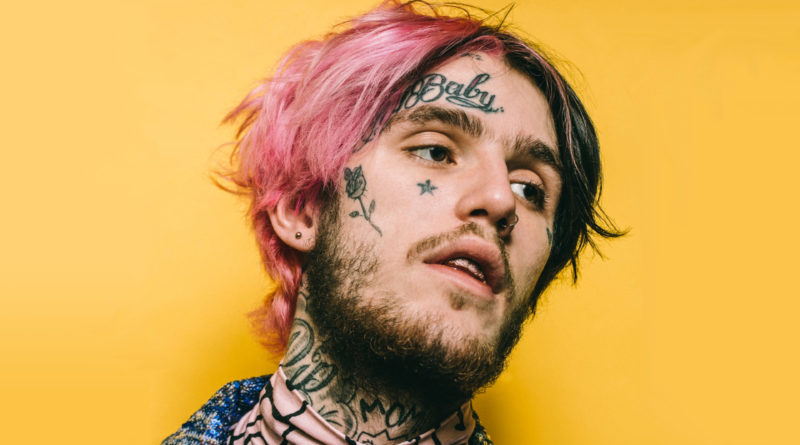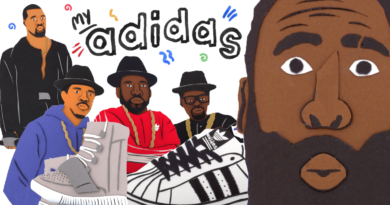Why Are So Many Musicians Dying?
It’s always sad to find out that your favorite musician has passed away, and more so when they are in their 20s and 30s, with so much potential and talent gone to waste.
Many musicians die from overdoses. In the mid to late 1900s, heroin corrupted communities, doing damage to people’s wellbeing as well as society. Around this time, pop-culture was evolving heavily, with new musicians gaining attention for their talent. Because of the rockstar life that they were surrounded by, musicians had easy access to any drug they wanted. The big thing was heroin, a very addictive and strong opiate. The drug began killing many popular musicians, such as some pre-2000s artists like Sid Vicious; leader of the punk rock band “Sex Pistols”, Jimi Hendrix, Hillel Slovak; founder of The Red Hot Chili Peppers, as well as Kurt Cobain, an icon for grunge music. Cobain, however, committed suicide while high on heroin. Within the past decade, drug overdoses killed other influential musicians like Michael Jackson, Prince and Tom Petty.
Heroin overdose for musicians is not as common as it used to be, but something just as bad has been spreading around: prescription pills and opioids.
According to the National Safety Council Injury Facts, 70% of preventable drug overdoses involve opioids, totaling 43,036 deaths caused by them in 2017. Fentanyl, a synthetic opioid, was the cause of 26,211 preventable deaths in 2017,a 48% increase from 2016’s total. Fentanyl is medically used to treat severe or chronic pain, but because of its potency, dealers will “cut”, or mix the substances together, so that sellers will have more of their product with similar or stronger effects.
Fentanyl is 50-100 times more potent than morphine, another powerful narcotic that serves as a severe pain reliever. Even an amount the size of a few salt grains are lethal.
On November 15th, 2017, rapper Gustav Elijah Åhr, professionally known as Lil Peep, died from Fentanyl laced Alprazolam, a drug commonly known as Xanax. He was only 21 years old when he overdosed, leaving fans and family with feelings of confusion and distraught.
Gustav started putting out music at 17, soon after he dropped out of high school. He brought a new sound to the table, one with different melodic flows and dense, metallic production. This sound along with his gloomy, almost whiney lyrics soon became something many listeners appreciated. His mixtapes Crybaby and Hellboy gained much attention on Soundcloud, a service where many people go to hear underground or local music.
Gustav wouldn’t hide his feelings in his music, expressing his emotions throughout his craft. Much of his lyrics had to do with heartbreak, depression, living recklessly, and his unhealthy relationship with substances like cocaine and pills. He would constantly foreshadow his death, dropping lines like “I got a feeling that I’m not gonna be here for next year” and “Woke up surprised, am I really alive? I was trying to die last night”. He seemed to grow comfortable with knowing if he continued his actions he would really end up dead.
Gustav was known to show the dark, unhealthy reality of what drug dependency is like, detailing his experiences to let listeners envision pain of addiction withdrawal.
Slowly creating an enormous, cult-like following over the span of several years, the young artist’s musical talent and consistency became evident when his 2017 debut album, Come Over When You’re Sober, Pt. 1 peaked at number 38 on the US Billboard 200. His debut album would pave the way for a whole new genre of music, with his unique sound and emotional, scary lyrics dealing with breakups, mental health, and unhealthy drug habits.
However, it’s not just Gus’s music that has references to drug abuse. While his music mostly portrays the dark and uncomfortable side of drug addiction, other rappers praise it. The radio today is infested with songs mentioning Xanax or other hard drug use. Rappers like Lil Wayne, Drake, Lil Uzi Vert, Lil Pump, and Juice Wrld have all made it on the radio with songs mentioning the use of pills and other hard drugs. Travis Scott and Drake’s hit “Sicko Mode” ended up infesting the radio stations. Reaching first place on the Billboard Top 100, this song quickly had kids chanting“I did half a Xan, 13 hours ’til I land”.
Pennsylvanian rapper, Mac Miller died from an overdose in 2018. Then in June 2019, 18-year-old rapper, Hella Sketchy was allegedly put into a coma from an opioid overdose, dying two weeks later. The young rapper who had produced for rapper Tay-K’s “Saran pack” had lines like “Popping pills like candy” and “These drugs might be the death of me”.
Some people might not want to listen to music that might promote drug abuse. Is there a difference from Gustav’s stories about his experiences with those substances compared to others glorifying it? Is it time for radio stations to stop promoting music that encourages popping pills and using dangerous drugs? Is the cycle going to continue, resulting in more deaths of talented influencers, or will influencers soon wake up and realize the unhealthy, degrading side of addiction?




You are a talented writer Anthony.
Great article, Anthony!